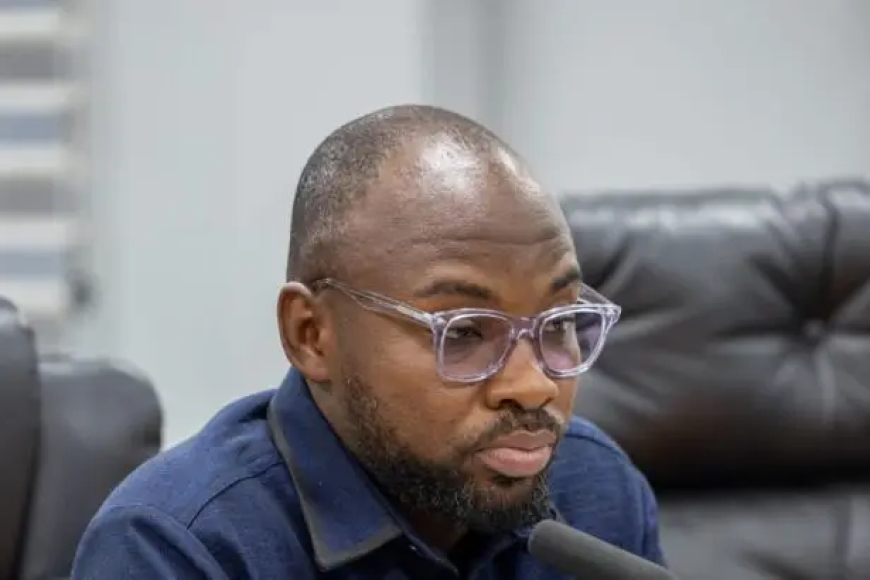NYA CEO Osman Ayariga Weighs In on Sammy Gyamfi–Agradaa Video with Subtle Advice
Osman Ayariga, CEO of the National Youth Authority, has weighed in on the viral video of Sammy Gyamfi handing cash to Evangelist Agradaa, offering measured commentary and subtle advice on responsible leadership and image management.

In the wake of growing controversy over a viral video involving Gold Board CEO Sammy Gyamfi and Evangelist Agradaa, the Chief Executive Officer of the National Youth Authority (NYA), Osman Ayariga, has offered his perspective—delivering a subtle but pointed message on the importance of discipline and perception in public office.
While stopping short of directly condemning Gyamfi, Ayariga used a public forum on leadership ethics to highlight the need for public officials to be mindful of their associations and actions, especially in an age of instant digital accountability.
“We live in a time when everything is recorded, shared, and judged in real time. As leaders, especially those privileged to hold public office, we must be intentional about the optics and implications of our every move,” Ayariga stated during a youth engagement session in Accra.
Though he did not mention Sammy Gyamfi or Agradaa by name, the timing and context of his remarks left little doubt about what—or who—they referred to. Ayariga’s comments have since gained traction online, with many praising his mature, diplomatic approach.
The Sammy Gyamfi–Agradaa video, which shows the Gold Board CEO handing over a bundle of cash to the controversial evangelist, has sparked widespread public criticism, with many questioning the propriety of such an exchange.
In the face of backlash, Agradaa later claimed the money was $800 given to her after she asked for fuel support, and not connected to any political or official business. Nonetheless, the incident has raised ethical concerns about the blurred lines between public service and personal relationships.
Ayariga, one of the youngest CEOs in government, is increasingly seen as a voice of integrity among the youth. His calm but firm tone in addressing the issue has been widely applauded as an example of how public servants can contribute constructively to national discourse.
“Leadership isn’t just about what you say—it’s also about the image you uphold and the boundaries you maintain,” Ayariga added, calling on young leaders to model integrity and accountability.
The subtle intervention adds to the growing pressure on public officials to clarify their roles and responsibilities amidst public scrutiny. Whether it leads to a broader conversation on ethical governance remains to be seen.
What's Your Reaction?




















































































